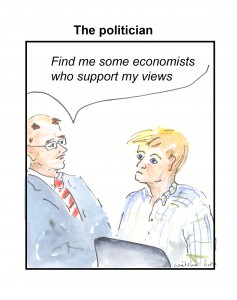On the Eurostar to and from the OECD yesterday, I read [amazon_link id=”B0079EW3ZK” target=”_blank” ]The Needs of Strangers[/amazon_link] by Michael Ignatieff, an old book first published in 1984, with my 2nd hand paperback even more mauled by the fact that the dog got to the post before I did that day.
[amazon_image id=”B0079EW3ZK” link=”true” target=”_blank” size=”medium” ]The Needs of Strangers[ THE NEEDS OF STRANGERS ] By Ignatieff, Michael ( Author )Sep-05-2000 Paperback[/amazon_image]
I wish I’d read it before attending the recent Christ Church, Oxford symposium on [amazon_link id=”0241953898″ target=”_blank” ]How Much Is Enough?[/amazon_link] by Edward and Robert Skidelsky. It’s on the same territory. Ignatieff makes very clear the possibly irreconcilable tension between freedom to choose and a shared agreement on the constituents of ‘the good life’. The book starts with a reflection on the welfare state. It assumes everyone is equal, and reasonably so, but in uniformity of treatment is unable to respond to individuals’ specific needs. Hence the seeming lack of care in the way welfare is sometimes delivered to people. He writes: “We think of ourselves not as human beings first, but as sons and daughters, fathers and mothers, tribesmen and neighbours. It is this dense web of relations and the meanings which they give to life that satisfies the needs which really matter to us.” Hence the utopian aspect of Rousseau’s writing or Marx’s – freedom and happiness have to be reconciled by everybody making choices anchored in equality and fraternity.
The book goes on to explore the tension between communitarian visions of moral agreement about necessities of the good life and the restlessness of commercial society, as reflected by Smith and Hume. “How is moral virtue possible in a society which is constantly pushing back the limits of need?” The Skidelskys claim that needs were satisfied by 1974, but that seems absurd to me. Since then we’ve had everything digital, vastly improved medical treatments, longer life expectancy, lower infant mortality, central heating in most homes in the UK, and so on. Rousseau would have been happy to ban machines and trade – virtuous stasis came above freedom in his eyes.
Ignatieff doesn’t answer the dilemma of course, but the book is a very interesting exploration of how it continues to be relevant to modern societies.

